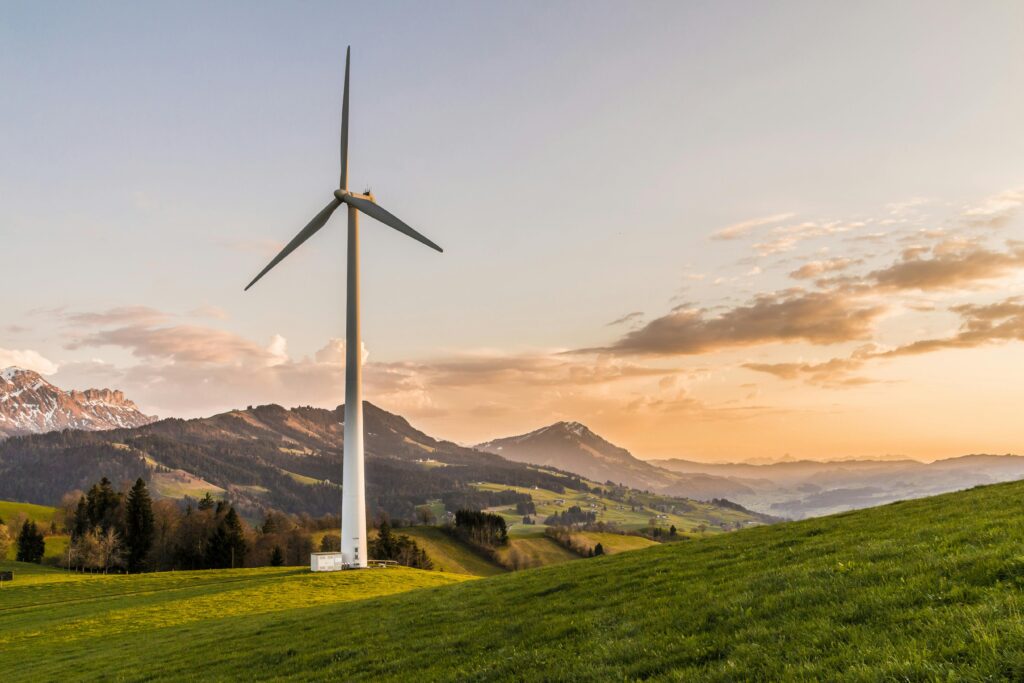The Shift Towards Renewable Energy
The increasing awareness and urgency to address climate change are reshaping investor priorities and strategies, steering the global economy towards more sustainable and environmentally friendly ventures. This shift is not merely a response to growing environmental concerns but also a strategic adaptation to the changing economic realities and regulatory environments. As we delve into the intricacies of investing in the age of climate change, it becomes evident that this transition is not just about mitigating risks but also about seizing new opportunities

One of the most significant shifts in investment strategies is the move towards renewable energy sources. The realization that the future lies in sustainable energy has led to an increased allocation of capital towards solar, wind, hydroelectric, and geothermal projects. This pivot is driven not only by the desire to combat climate change but also by the economic viability of these technologies. As the cost of renewable energy continues to decrease, thanks to technological advancements and economies of scale, investments in these sectors are becoming increasingly attractive. The International Energy Agency (IEA) highlights that renewables are set to account for the majority of global power capacity increases in the next few years, underscoring the sector’s growing prominence in investment portfolios.
Divestment from Fossil Fuel Industries
Parallel to the surge in renewable energy investments is the trend of divestment from fossil fuel industries. Institutions, pension funds, and individual investors are increasingly withdrawing their investments from coal, oil, and gas companies. This movement is motivated by a combination of ethical considerations and financial calculus. From an ethical standpoint, investors are becoming more conscious of their portfolio’s environmental impact and choosing to support industries that align with a sustainable future. Financially, the long-term prospects of the fossil fuel sector appear increasingly precarious amidst tightening regulations on carbon emissions, the potential for stranded assets, and the global shift towards cleaner energy sources. This divestment trend is not only reshaping investment portfolios but also sending a strong market signal about the declining social and economic acceptability of fossil fuels.
The Rise of ESG Investing
Another notable trend in the investment world is the rise of Environmental, Social, and Governance (ESG) criteria as central factors in investment decisions. ESG investing goes beyond traditional financial analysis by incorporating environmental stewardship, social responsibility, and governance practices into the evaluation process. This approach recognizes that companies with strong ESG performance are often better positioned to navigate the risks and opportunities posed by climate change. By prioritizing investments in companies that demonstrate a commitment to sustainability, investors are not only contributing to a greener planet but are also positioning themselves to benefit from the growing demand for sustainable products and services.
Challenges and Opportunities Ahead
Despite the positive momentum, investing in the age of climate change is not without its challenges. The transition to a low-carbon economy requires massive capital, innovative financing mechanisms, and supportive regulatory frameworks. Moreover, the physical and transitional risks associated with climate change, such as extreme weather events and shifting policy landscapes, pose significant challenges to investors. However, these challenges also present opportunities for those willing to innovate and adapt. For instance, the growing market for green bonds and climate finance initiatives offers new avenues for funding sustainable infrastructure and projects.

Investing in the age of climate change is a dynamic and complex endeavor. It demands a forward-looking approach, a commitment to sustainability, and a willingness to adapt to an evolving economic and environmental landscape. As investors increasingly recognize the intertwined fate of the planet and the global economy, the shift towards renewable energy, the divestment from fossil fuels, and the embrace of ESG investing are set to redefine the principles and practices of investment. This transition not only represents a response to the pressing challenges of our time but also opens the door to a future where economic prosperity and environmental sustainability go hand in hand. In navigating the uncertain waters of climate change, investors have a critical role to play in shaping a more resilient and sustainable world.